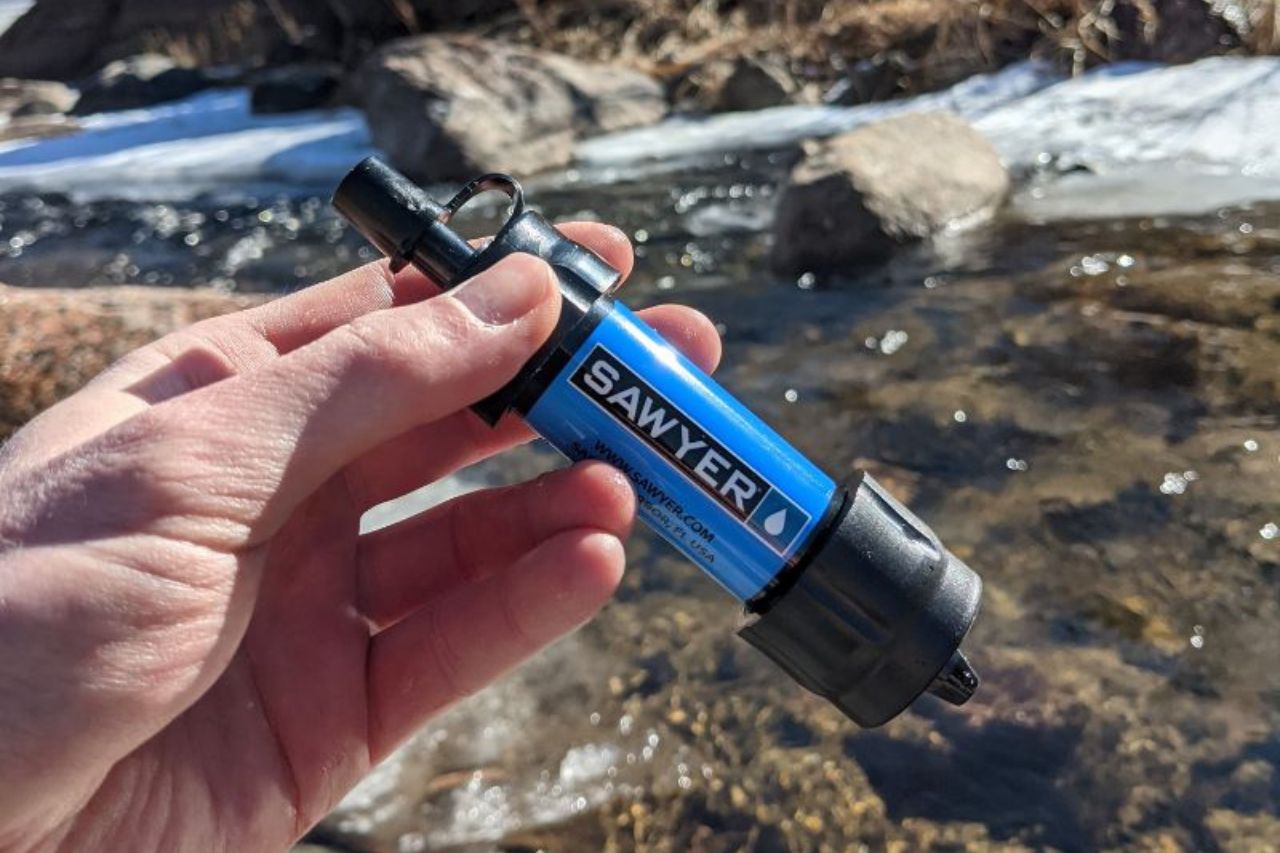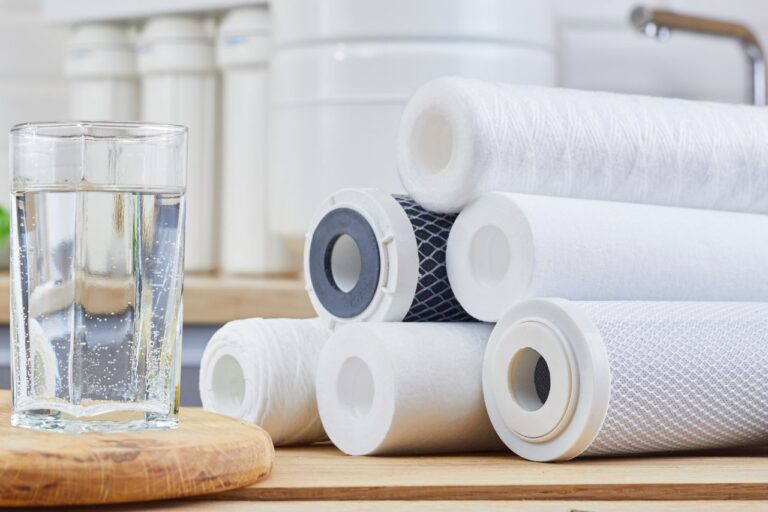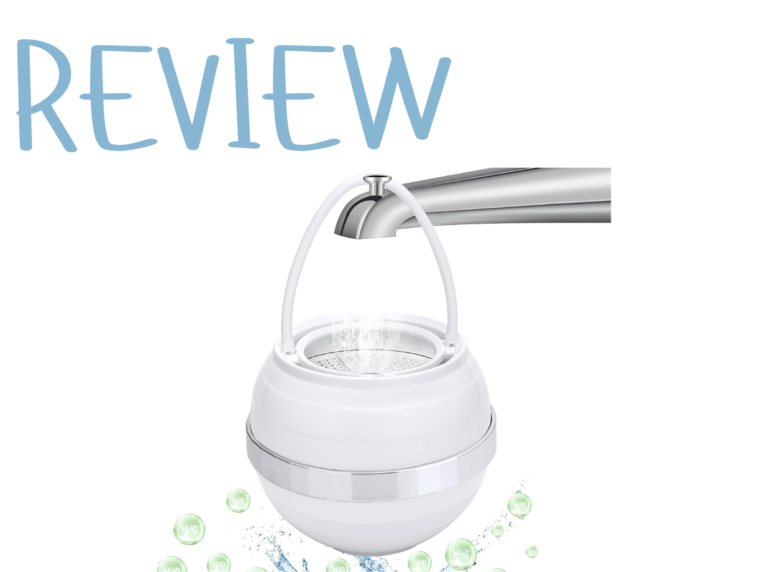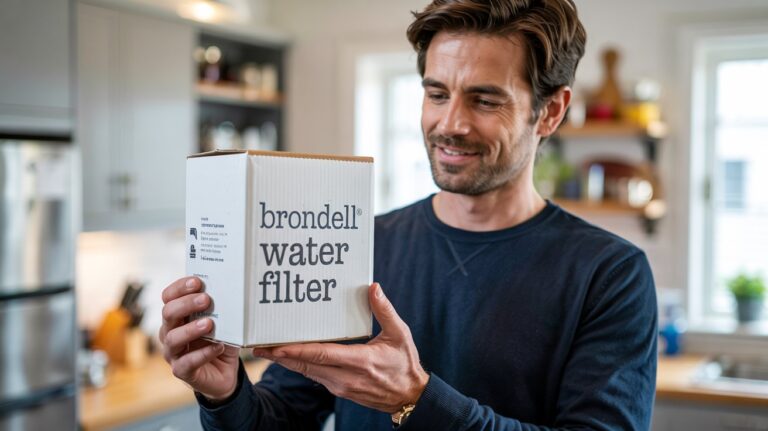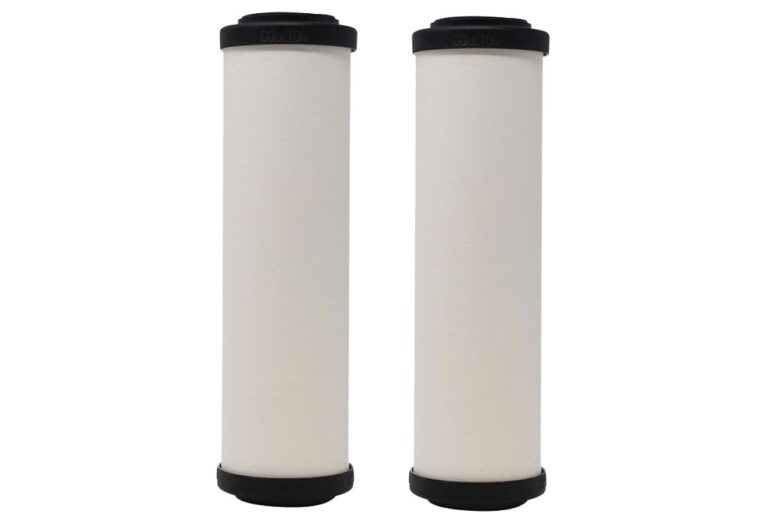Types of Portable Water Filters: A Quick Guide
Have you ever considered how crucial clean drinking water is, especially when you’re on the move? Whether you’re an avid camper, a traveler, or someone who simply spends a lot of time outdoors, having access to safe drinking water is vital. This is where portable water filters come into play.

Understanding the Importance of Portable Water Filters
Portable water filters are indispensable tools for anyone who spends a significant amount of time away from established, safe water sources. These filters are designed to remove harmful contaminants that could cause serious health issues. The necessity extends beyond the obvious convenience; it’s about ensuring your health and safety.
Why You Might Need a Portable Water Filter
Several scenarios could necessitate the use of a portable water filter:
- Outdoor Expeditions: Hikers and campers often find themselves far from potable water supplies.
- Traveling to Remote Areas: In certain countries, clean tap water is not guaranteed.
- Emergency Situations: Natural disasters can disrupt water supply systems, making clean water hard to come by.
Each scenario poses distinct challenges and considerations, making the choice of water filter especially important.
Types of Portable Water Filters
When choosing a portable water filter, it’s essential to understand the types available and their pros and cons. Generally, portable water filters can be categorized into several types: straw filters, pump filters, gravity filters, bottle filters, UV purifiers, and chemical purifiers.
Straw Filters
Straw filters are lightweight and straightforward, making them a favorite among minimalists and ultralight backpackers.
- How They Work: You use these directly from a water source, like a straw.
- Pros: Lightweight, affordable, easy to use.
- Cons: Limited volume—best for personal use.
- Ideal For: Solo hikers, emergency kits.
Pump Filters
Pump filters use manual pumping action to force water through a filter.
- How They Work: They typically require manual operation, involving a hand pump to draw water through the filter.
- Pros: Can filter large volumes of water, effective against a wide range of contaminants.
- Cons: Heavier and more cumbersome, requires effort to use.
- Ideal For: Group camping, extended trips.
Gravity Filters
Gravity filters utilize gravity to pull water through the filter, typically consisting of a bag hung at a height to let gravity do the work.
- How They Work: Fill a bag with water and rely on gravity to filter the water into a clean container below.
- Pros: Filter large volumes effortlessly, ideal for groups.
- Cons: Bulkier, slower than pump filters.
- Ideal For: Base camps, family trips, group hiking.
Bottle Filters
Bottle filters integrate a filter into a water bottle, providing an all-in-one solution.
- How They Work: Fill the bottle with water, and drink through the built-in filter.
- Pros: Convenient, portable, easy to use.
- Cons: Limited capacity, requiring frequent refills.
- Ideal For: Solo travelers, day hikes, travel to areas with uncertain water safety.
UV Purifiers
UV purifiers use ultraviolet light to kill bacteria, viruses, and protozoa.
- How They Work: Stir the device in the water; UV light disrupts the DNA of harmful microorganisms.
- Pros: Effective against viruses, lightweight, quick.
- Cons: Requires batteries, does not filter out particulates.
- Ideal For: International travel, areas with clear but unsafe water.
Chemical Purifiers
Chemical purifiers use substances like iodine or chlorine dioxide to disinfect water.
- How They Work: Add the chemicals to water and wait for the recommended time.
- Pros: Lightweight, easy to use.
- Cons: Can alter water taste, requires waiting time, limited effectiveness against protozoa.
- Ideal For: Emergency kits, situations without a better alternative.
Comparative Summary
Here’s a comparative summary of the various types of portable water filters to aid your decision-making process:
| Type | Pros | Cons | Ideal For |
|---|---|---|---|
| Straw Filters | Lightweight, affordable, easy to use | Limited volume | Solo hikers, emergency kits |
| Pump Filters | Large volume, effective against various contaminants | Heavier, requires effort | Group camping, extended trips |
| Gravity Filters | Filters large volumes, effortless | Bulkier, slower | Base camps, family or group trips |
| Bottle Filters | Convenient, portable | Limited capacity | Solo travelers, day hikes |
| UV Purifiers | Effective against viruses, lightweight, quick | Requires batteries, doesn’t filter particulates | International travel, clear water |
| Chemical Purifiers | Lightweight, easy to use | Alters taste, waiting time, limited effectiveness | Emergency kits, last resort |
Assessing Your Needs
Choosing the right portable water filter depends significantly on your specific needs and circumstances. Here are key factors to consider:
Volume and Frequency of Use
For solo hikers on short trips, a straw or bottle filter might suffice. On the other hand, for extended trips or group camping, a gravity or pump filter would be more appropriate due to their larger capacity.
Type of Contaminants
Consider the type of contaminants prevalent in the water source:
- Bacteria: Most filters can handle bacteria.
- Protozoa: Some filters and chemicals are effective, but not all.
- Viruses: UV purifiers and chemical treatments are particularly effective.
Portability and Weight
If you are backpacking, weight is a crucial factor. Straw filters and UV purifiers are typically lightweight. Conversely, pump and gravity filters can be bulkier, but they offer higher capacity and efficiency, making them more suitable for stationary camps.
Ease of Use
Different filters require varying levels of effort and time:
- Quick Access: Straw and bottle filters are more immediate.
- Effort-based: Pump filters require manual labor.
- Automated and Slower: Gravity filters work with time but involve little manual effort.
- Waiting Period: Chemical treatments need time to be effective.
Cost
While budget constraints are always a factor, investing in a quality water filter is non-negotiable for your health. Prices vary:
- Budget-friendly: Straw filters and some chemical treatments.
- Moderate: Bottle filters and UV purifiers.
- Premium: Pump and gravity filters.

Maintenance and Lifespan
Proper maintenance ensures the longevity and efficiency of your water filter. Below are common maintenance practices and considerations for various filters:
Straw and Bottle Filters
- Cleaning: Flush or backflush after use.
- Storage: Dry completely before storing to prevent mold and bacterial growth.
Pump Filters
- Cleaning: Regularly backflush to clear clogged pores.
- Replacement: Filter cartridges should be replaced according to manufacturer guidelines.
Gravity Filters
- Cleaning: Regularly backflush and clean bags.
- Drying: Ensure that both bags and filter units are dried thoroughly between uses.
UV Purifiers
- Battery Care: Ensure batteries are charged and have spares.
- Cleaning: Clean the lamp to ensure effective UV light penetration.
Chemical Purifiers
- Storage: Store chemicals in a cool, dark place.
- Expiry: Check expiration dates regularly.
Recommendations for Different Scenarios
Here are some specific recommendations based on different scenarios and needs:
For Solo Travelers
- Short Trips: A straw or bottle filter is sufficient for convenience and portability.
- Longer Excursions: Consider a UV purifier for comprehensive contaminant removal.
For Group Camping
- Base Camps: Use gravity filters for their low-effort, high-volume filtering capabilities.
- Moving Camps: A pump filter can be beneficial for its capacity and comprehensive filtration.
For International Travel
- Uncertain Tap Water: A UV purifier offers quick disinfection and effective virus removal.
- Clear but Unsafe Water: Supplement with a chemical purifier for added safety.
For Emergency Preparedness
- Emergency Kits: A straw filter and chemical treatments are essential. They are lightweight and can be stored easily.
Potential Limitations and Things to Watch Out For
No product is perfect, and portable water filters have their limitations. Being aware of these can help you make more informed choices.
Clogging and Flow Rate
Some filters clog more quickly than others, affecting efficiency. Regular maintenance such as backflushing can alleviate this issue somewhat.
Taste Alteration
Chemical treatments can alter the taste of water, making it less palatable. Some brands offer neutralizing tablets to improve taste.
Battery Dependence
UV purifiers require batteries, which could be a limitation in prolonged outdoor scenarios. Carry extra batteries to mitigate this risk.
Bulk and Weight
While higher-volume filters are beneficial for groups, their bulk and weight can be drawbacks. Balance capacity with portability based on your travel plans.
Conclusion
Choosing the right portable water filter is a nuanced decision that hinges on various factors, including your specific needs, the environment you’ll be in, and the potential contaminants you’ll face. By understanding the types of filters available and assessing your requirements critically, you can ensure safe, clean drinking water wherever your adventures take you.
This guide aims to provide a comprehensive understanding of the different types of portable water filters, facilitating informed choices that best fit your lifestyle and needs. Remember, while the initial investment might seem significant, the assurance of having access to safe drinking water is invaluable.

